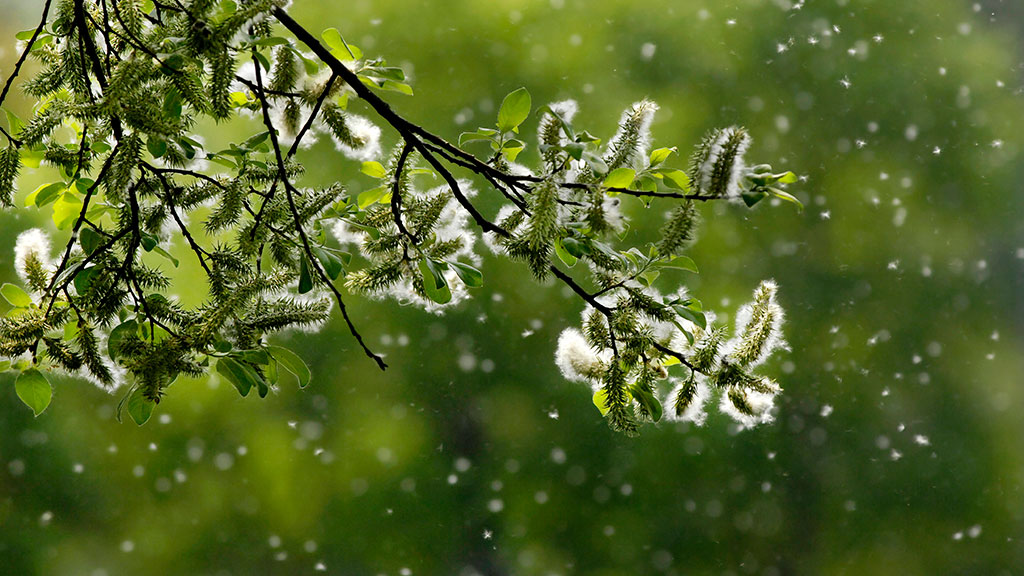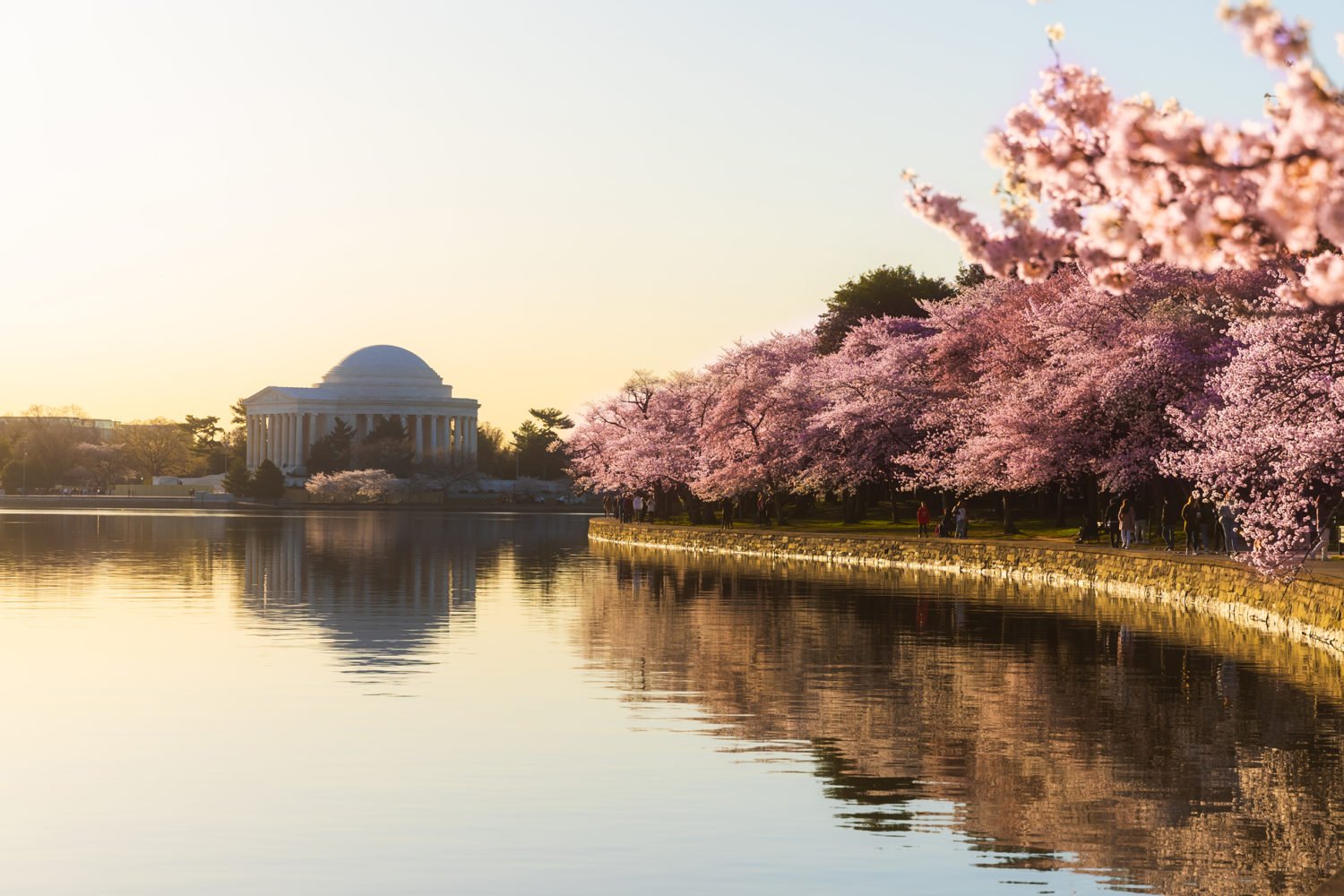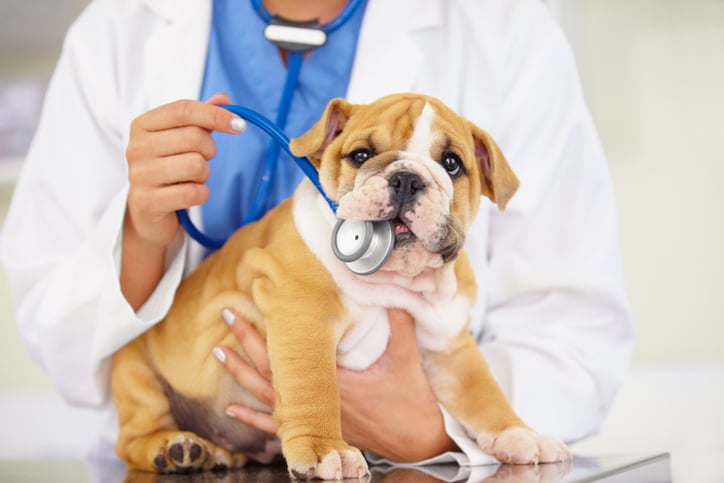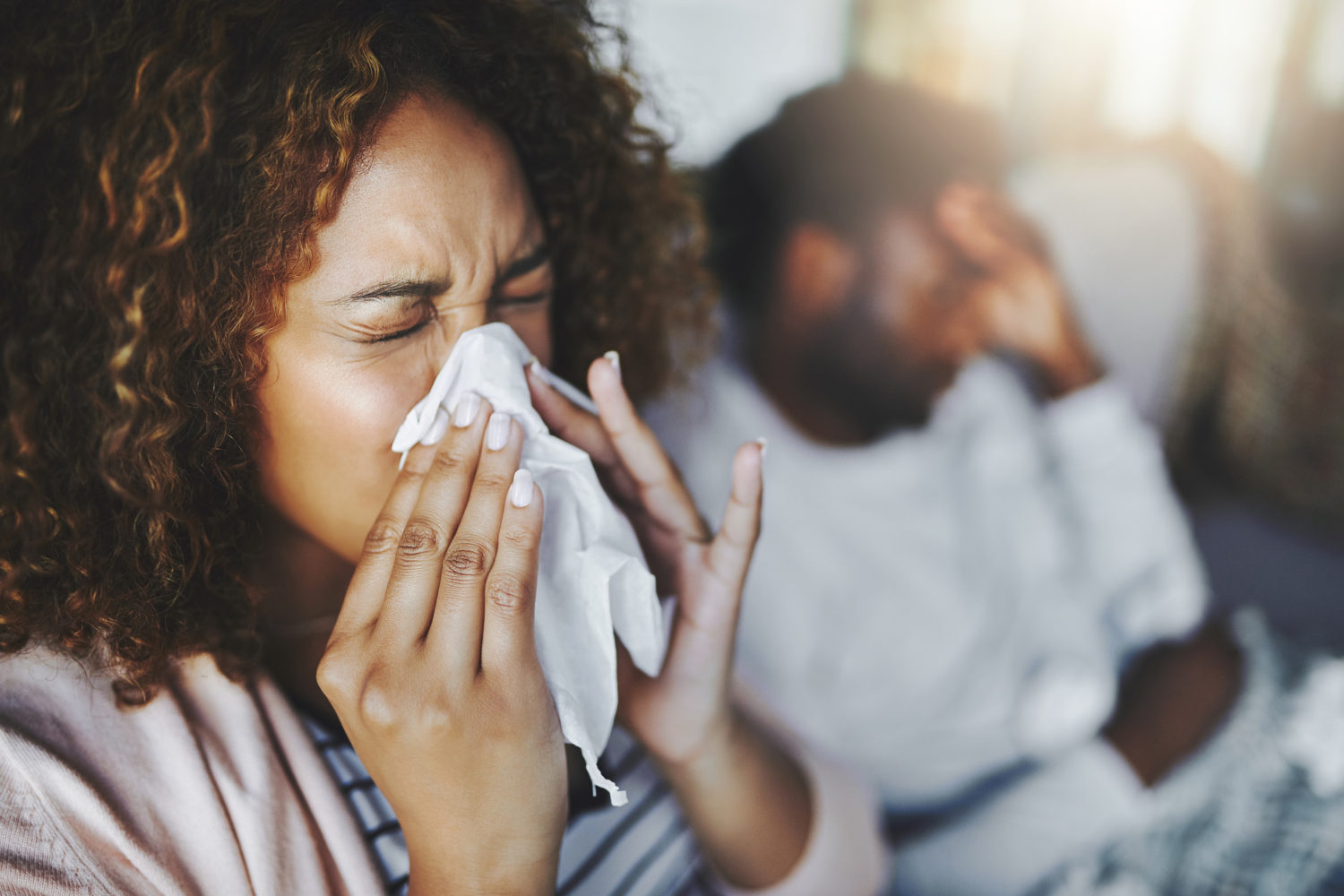It’s that time of year again. The Washington area is in full bloom, and your allergies are in full swing (and you’re probably seriously considering commuting in a medical mask). That means itchy eyes, a runny nose, coughing and uncomfortable wheezing, which isn’t fun when you’re attending happy hours outside.
Airborne allergies are tricky. They violently impact one person while completely bypassing another. If you’re one of the former, know that you’re not alone. Between 17 percent and 30 percent of the US population has what doctors call “allergic rhinitis” or spring and fall hay fever, says Dr. Richard R. Rosenthal, an allergist at Inova Fairfax Hospital. Almost half of those people haven’t been formerly diagnosed by a physician, he adds. We chatted with Rosenthal to get the lowdown on our region’s most common airborne allergies and what you can do to prevent that next “ACHOO!”
What are allergies and what causes them?
“Allergy means altered reactivity,” explains Rosenthal. “People who have allergy have an altered reactivity to elements they encounter in the environment. Airborne pollen, for example, causes sneezing, runny nose and congestion in the allergic person, whereas the non-allergic person tolerates the pollen with little or no problem.”
What are the most common things people are allergic to in the DC area?
“Pollens of trees, such as birch tree, grasses, such as timothy grass, and weeds such as ragweed are the usual (allergens). Next in line would be household animal danders, especially cat dander. Mold spores are also a cause of respiratory allergy.”
What are five ways I can prevent allergies?
1. Avoid triggers by staying inside if pollen count is high.
2. Dust, vacuum and wash bedding often in hot soapy water.
3. Obtain dust encasings for mattress, box spring and pillows.
4, Keep pets out of the bedroom.
5. Change clothes and shower and shampoo after coming in from the out of doors.
What are some home remedies to get rid of allergy symptoms?
“The most available remedies are to be found at the pharmacy and include over the counter antihistamines, decongestants, and steroid (anti-inflammatory) nasal sprays as well as eye preparations for allergic conjunctivitis.”
What’s a Code Red Day and what should I do when that happens?
“A Code Red Day is a day when weather conditions are potentially hazardous to health due excessive heat or due to the presence of pollutants,” Rosenthal says. “A Code Red Hot Weather Health Warning is issued in anticipation of (a day that’s going to be) a heat index of 100 degrees Fahrenheit or greater. (When it’s that hot), drink plenty of fluids, wear lightweight, light-colored, loose-fitting clothing, try to stay indoors in air conditioning, and seek shade if out of doors. Avoid being out of doors in the afternoons entirely, if possible.”
How do I know whether I need to see an allergist?
“When the above measures are inadequate, one should see an allergist. An allergist can better determine the exact cause of allergies and assist with an appropriate and targeted treatment plan of avoidance, medication and immunization.”



















